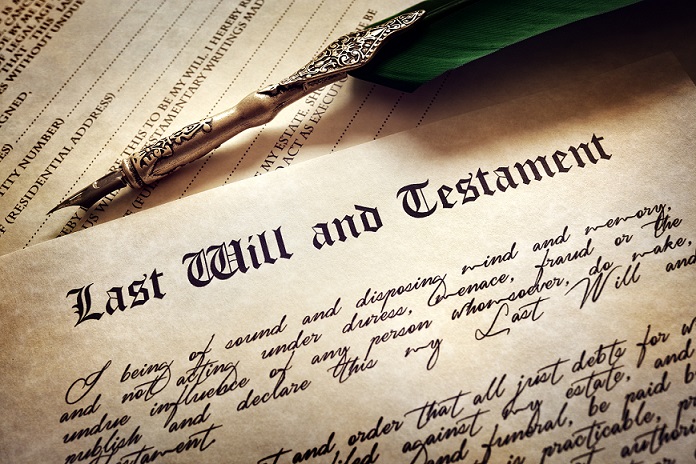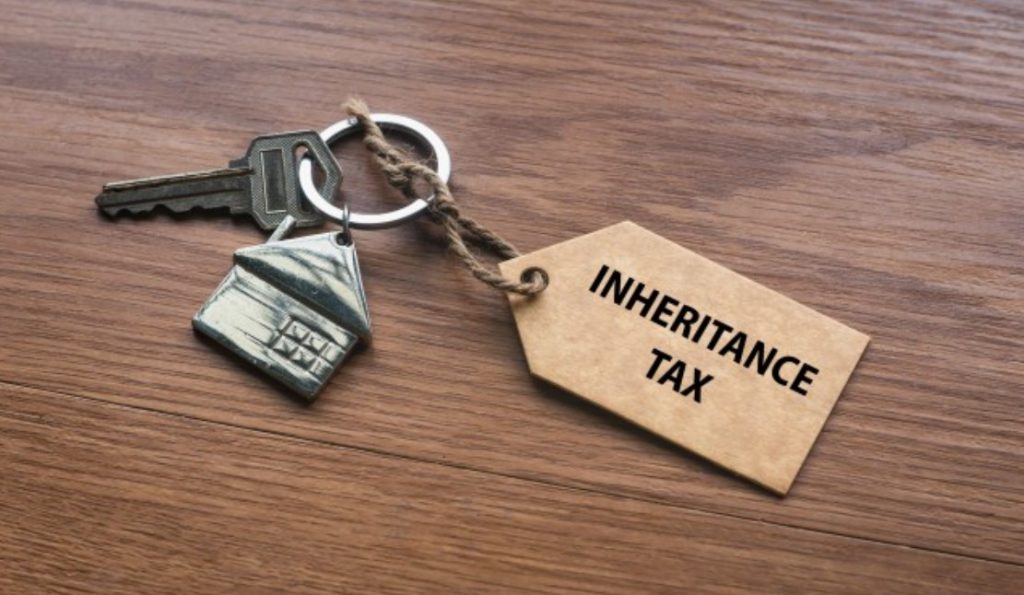When someone dies, there are normally a lot of decisions to be made and actions to be taken around the things they leave behind. Bank accounts, savings, property, possessions etc. all make up the deceased person’s estate and must be allocated to new owners. This is overseen by an executor, which can be an individual or organisation granted authority to act on the person’s behalf to administer their estate. Before they can do anything, however, the executor must apply in the majority of cases for a grant of probate.
A guide to applying for grant of probate
Grant of probate is the official name in England, Wales and Northern Ireland for being confirmed as legally able to deal with the deceased person’s assets. It is known in Scotland as a grant of confirmation. Dying without leaving a Will, the process is different again, and the estate will be dealt with according to intestacy rules and authorised by a letter of administration. Where an executor is not named, or there is no Will, the closest living relative is entitled to apply for probate.

For estates that are under £10,000, or where all assets were jointly owned by someone else who has survived the deceased, a grant of probate may not be required. In most cases, however, this is the first step you will need to take if you are named in a Will as an executor. To apply for a grant of probate, you will need to register the person’s death within five days of their passing in England, Wales or Northern Ireland and within eight days in Scotland.
Make sure you obtain copies of the death certificate at this time. You will need them at various stages of sorting out probate and unravelling the person’s business or life administration. It is easier to get them straight away rather than have to order more copies later.
Next, the person’s estate needs to be valued before probate can be granted. This is to help calculate any inheritance tax that may be due and to ensure that all money and assets have been accounted for. Gather all relevant paperwork concerning assets and liabilities. These can include:
· Bank statements
· Investment accounts
· Vehicle purchase receipts
· Property deeds and paperwork – the property will need to be valued separately for probate purposes
· Insurance policies
· Pensions
· Stocks and shares
· Tax paperwork
· Benefits
· Mortgages, loans etc.
Financial assets are normally frozen as soon as you inform the providers of the person’s death. This is so that figures can be as accurate as possible for the grant of probate application and for paying tax. Bear in mind that inheritance tax thresholds are very important when working out how much tax the estate is liable for. Check out the latest figures on the UK Government’s website.

After this has been done and it has been ascertained that a grant of probate is needed, this can be applied for online or by post. You will need to include an official copy of the death certificate. A probate solicitor can help with all of this and other stages of the application if preferred, to ensure all goes smoothly with the application.
If anyone wishes to challenge someone applying for probate, they can do so before it is granted (for example if there is a dispute about the contents of the Will). Again, a probate solicitor can help and advise on this sort of situation as required.
Probate fees are payable on any applications made, regardless of the size or make-up of the estate (unless it is under £5,000). This is a flat fee of £273 in England and Wales (at the time of writing in June 2022). As with the death certificate, it is worth ordering multiple copies of the grant of probate, as it will be more expensive to arrange duplicates further on in the process. Some financial help is available for executors who are unable to pay this fee via the Ministry of Justice’s Help with Fees scheme.
The final stage before the grant of probate is issued is to settle up with HMRC any inheritance tax that is due, which must be paid in full, in advance. If there is enough money to cover this within the deceased person’s estate, the payment can be sent directly to HMRC. At this stage, there may be other creditors who will need to pay before the remaining assets can be distributed according to the deceased person’s wishes as laid out in their Will or the rules of intestacy.
Once this is all covered, probate is granted and the executors can begin to organise the estate, set property sales in motion and contact the beneficiaries named in the Will.
